As we age, it becomes increasingly important to pay attention to the health of our skin. It’s not just about appearance; our skin can actually provide valuable clues about our overall well-being. Certain skin symptoms may indicate the presence of serious disorders, including cancer. By understanding these signals, we can potentially detect critical illnesses earlier and improve treatment outcomes.

But let’s be clear: we are not medical professionals, and this article is not intended to provide medical advice. Instead, our aim is to educate and raise awareness about the potential significance of certain skin symptoms. If you notice any of these symptoms, we strongly advise you to consult a healthcare professional for a proper diagnosis and advice.
Shadowy Areas

Have you ever noticed rapid skin discoloration? While it may not always indicate a serious illness, it’s important to be aware of the possibility. Adrenal insufficiency, also known as Addison’s disease, can cause such changes in skin pigmentation. If you experience sudden discoloration along with symptoms like weakness, fatigue, low blood sugar, and muscle or joint soreness, don’t hesitate to contact your doctor.
Discoloration
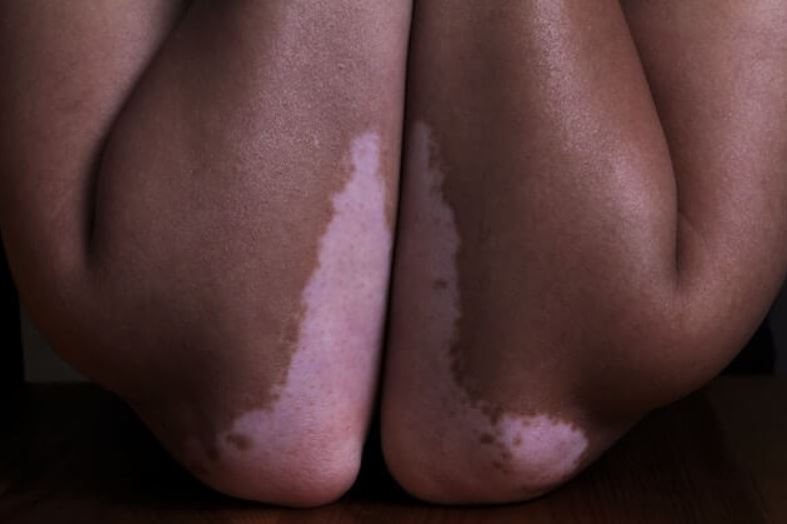
If you’ve ever seen white patches develop on your skin, it could be a sign of vitiligo. This disorder occurs when the body’s melanocytes stop producing pigment. If you notice these patches, it’s essential to consult an endocrinologist or dermatologist for proper diagnosis and treatment.
Rashes

While rashes are often harmless and temporary, there are instances where they may indicate an underlying health issue. Persistent and severe rashes caused by food allergies, reactions to medication, or even severe infections like chickenpox should not be ignored. Conditions such as Lyell’s syndrome and Stevens-Johnson syndrome can be life-threatening. If you experience such symptoms, seek medical attention promptly.
Edemas
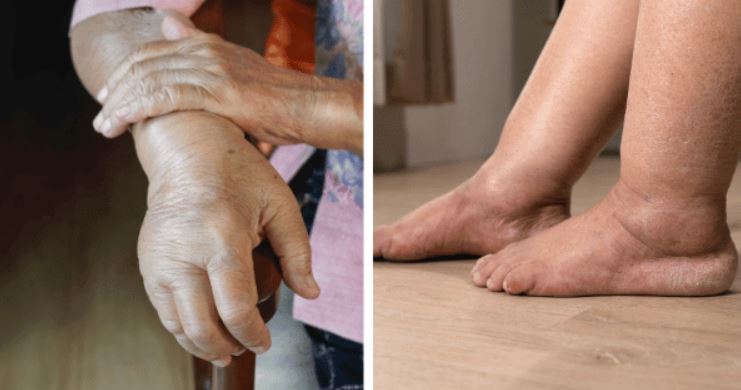
Chronic edema, or swelling, can be a sign of an underlying condition such as hypothyroidism. If you have edema that persists, it’s important to consult an endocrinologist to rule out possible causes. Other symptoms of hypothyroidism may include dry skin, hair loss, and unexplained weight gain.
Moles
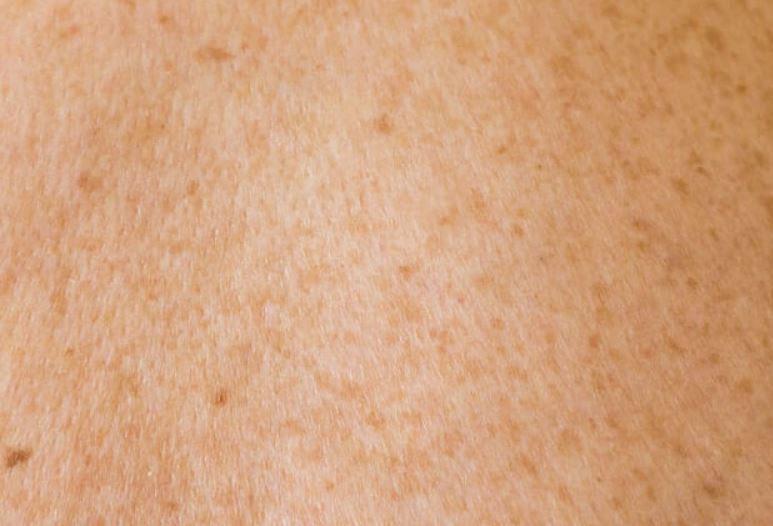
Moles are a common occurrence and are often harmless. However, it’s crucial to keep an eye on any changes in their appearance. If you notice unexpected symptoms like sudden growth or discomfort in a mole, it’s advisable to see a doctor. Some changes may be indicative of more serious conditions.
Acne
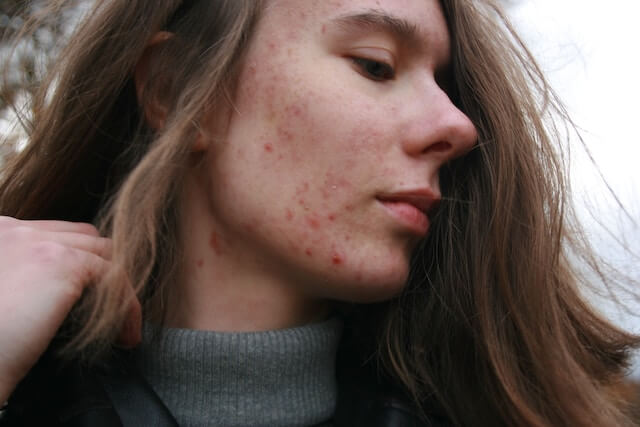
Acne, while common, can sometimes be persistent and affect one’s self-confidence. It may be caused by factors such as oily skin, hormonal imbalances, or even gastrointestinal issues. To effectively manage acne, it’s best to follow a strict skincare routine and seek personalized advice from a specialist.
Flaking
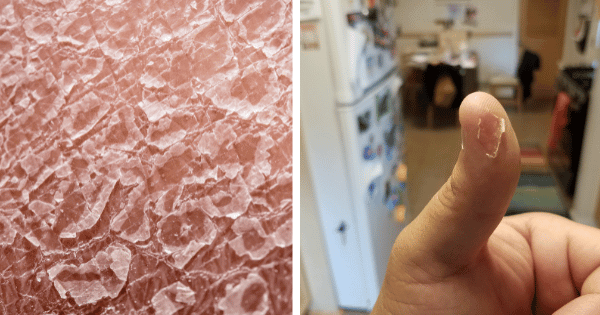
Flaky skin can be caused by various factors, including vitamin deficiencies, hormone imbalances, and allergic reactions. In some cases, it may also be a symptom of a potentially serious condition when accompanied by other severe symptoms. If you experience excessive flaking and notice other concerning signs, it’s important to seek medical attention.
Excessive Perspiration
Intense and frequent sweating could be a sign of Graves’ disease, an autoimmune thyroid disorder. This condition can cause the skin to become fragile and prone to itching. If you experience excessive perspiration alongside other symptoms, it’s crucial to reach out to a healthcare professional promptly.
Remember, your skin could be sending you valuable signals about your health. Don’t ignore any unusual or persistent symptoms. By staying vigilant and proactively seeking medical advice, you can potentially detect critical illnesses earlier and increase the likelihood of successful treatment.





